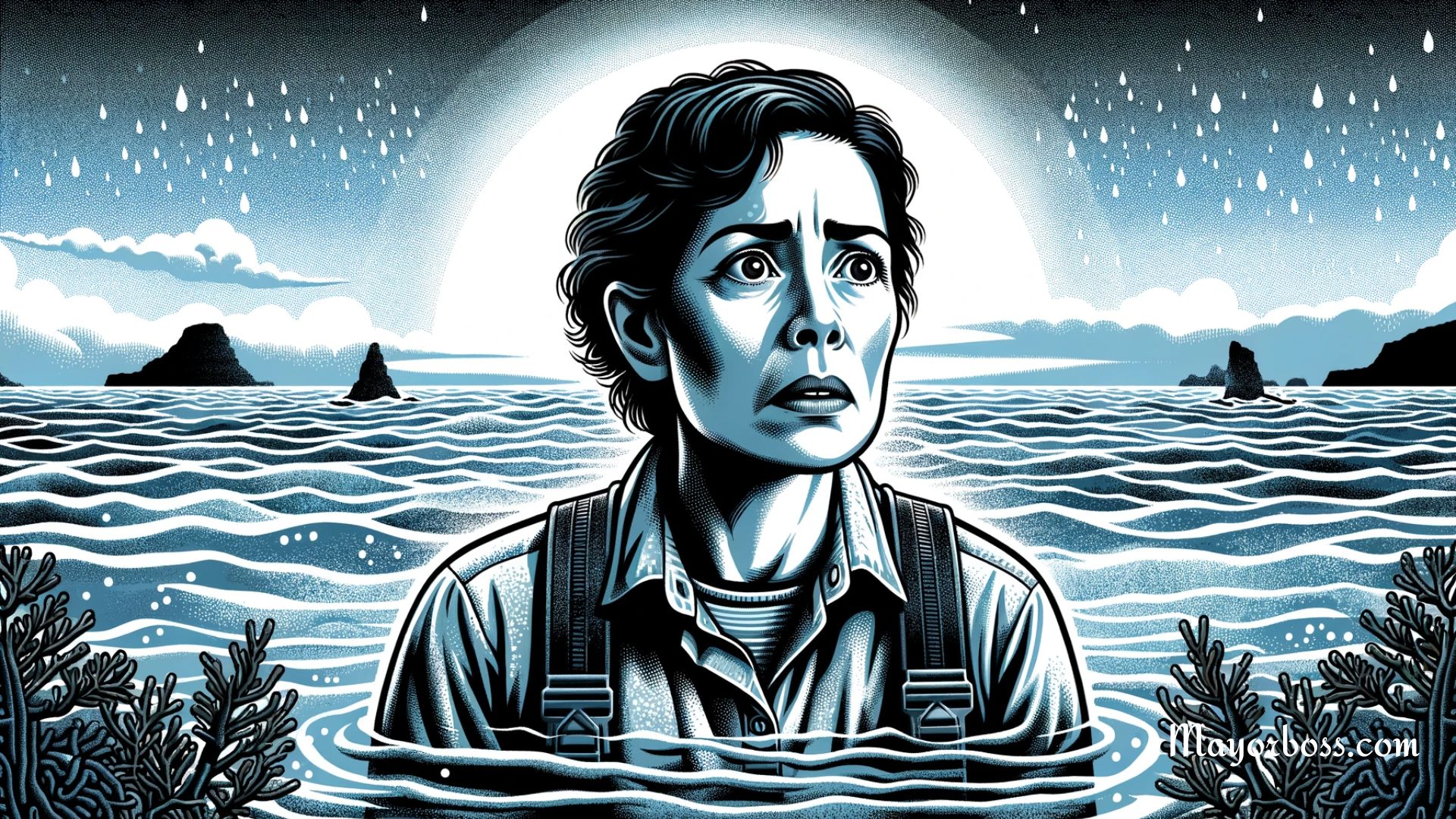Understanding Cetaphobia
Have you ever felt an overwhelming fear or anxiety when thinking about whales or encountering images or discussions about them? If so, you might be experiencing cetaphobia. This phobia, though not commonly discussed, can be quite distressing for those who suffer from it.
What is Cetaphobia?
Cetaphobia is defined as an intense, irrational fear of whales. It’s a specific phobia focusing on a singular subject. As with other phobias, cetaphobia can provoke severe anxiety and avoidance behaviors. It’s important to note that this fear goes beyond a simple dislike or discomfort; it’s a deep-seated fear that can significantly impact a person’s life.
Causes of Cetaphobia
Why does someone develop cetaphobia? Several factors might contribute:
- Traumatic Experiences: A past traumatic incident involving whales, such as a scary encounter during a boat trip, might trigger cetaphobia.
- Media Influence: Sometimes, movies or documentaries depicting whales in a frightening manner can leave a lasting impression, especially on young minds.
- Learned Behavior: Observing others who are fearful of whales can also lead to the development of cetaphobia.
- Genetic and Environmental Factors: Some individuals may be more predisposed to phobias due to their genetic makeup, and environmental factors can play a role too.
Symptoms of Cetaphobia
If you’re wondering whether you or someone you know might have cetaphobia, look out for these symptoms:
- Intense Fear: An overwhelming sense of dread at the thought, sight, or discussion of whales.
- Anxiety and Panic: Physical symptoms like sweating, rapid heartbeat, or difficulty breathing when exposed to anything related to whales.
- Avoidance: Going to great lengths to avoid oceans, aquariums, or even documentaries where whales might appear.
- Impact on Daily Life: The phobia significantly interferes with daily activities or causes persistent distress.
Managing Cetaphobia
Cetaphobia, like other phobias, can be managed and treated. Here are some strategies:
- Professional Therapy: Therapies like Cognitive Behavioral Therapy (CBT) can be effective in addressing the root causes of the phobia and developing coping strategies.
- Exposure Therapy: Gradually and safely exposing oneself to the object of fear can help reduce anxiety over time.
- Relaxation Techniques: Practices like deep breathing, meditation, or yoga can help manage anxiety symptoms.
- Education: Learning more about whales and understanding their nature might help reduce fear.
- Support Groups: Sharing experiences with others who have similar fears can be comforting and helpful.
Remember, seeking help from a mental health professional is crucial if cetaphobia is severely impacting your life.

Frequently Asked Questions About Cetaphobia
1. Can children develop cetaphobia? Yes, children can develop cetaphobia, often influenced by scary experiences or media portrayals of whales.
2. Is cetaphobia common? Cetaphobia is not as common as some other phobias, but it does exist and can be quite distressing for those who suffer from it.
